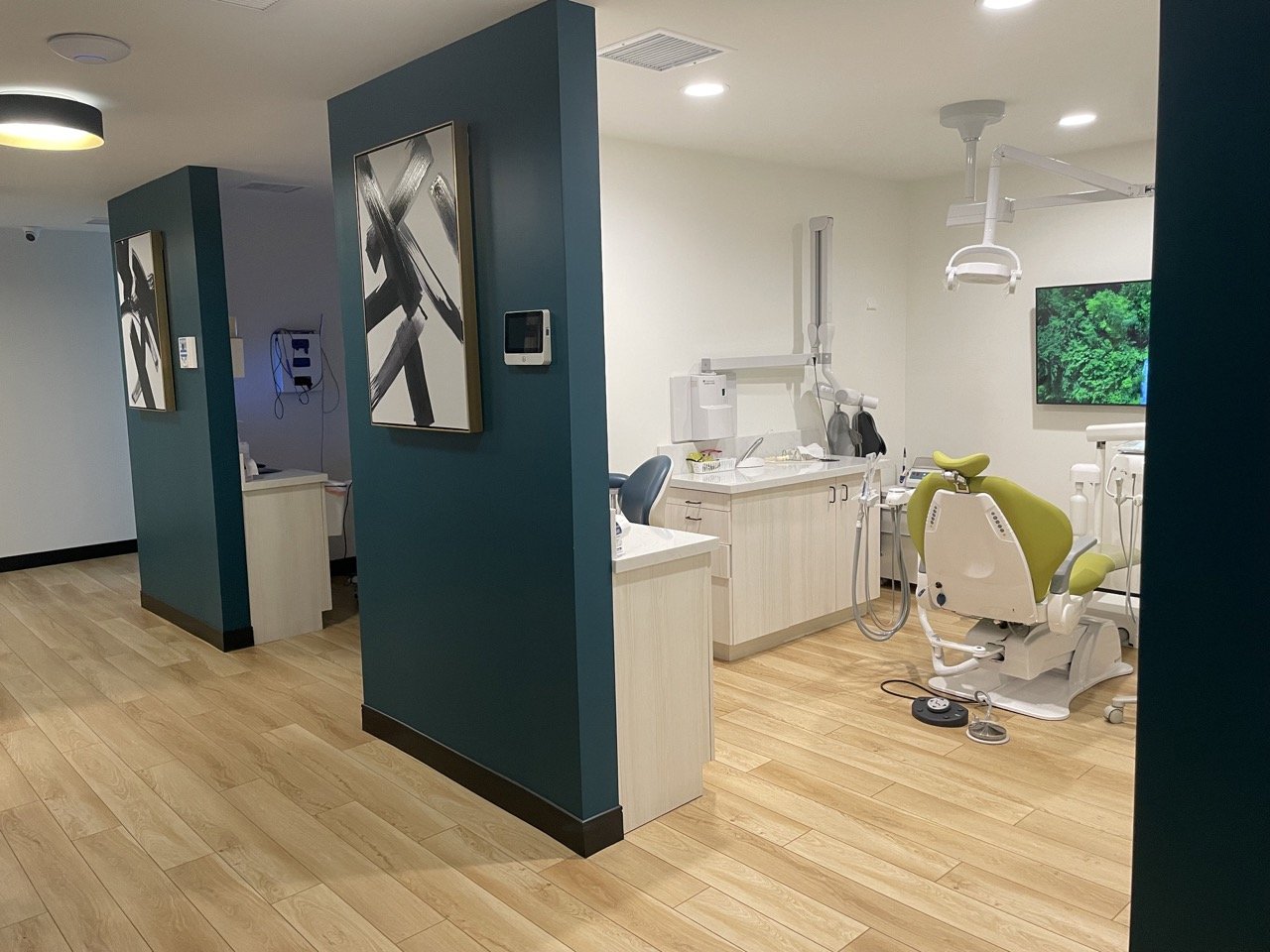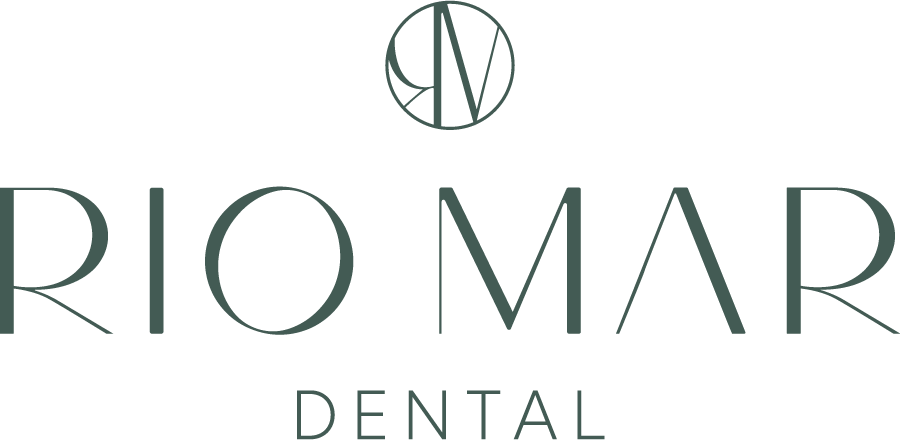
Affordable quality modern dental care services for you and your family
Restorative Fillings
Restorative fillings in dentistry are used to repair and restore teeth that have been damaged by decay or injury. They involve removing the damaged part of the tooth and filling it with a durable material to restore its function and appearance.
Preventive/ Oral hygiene
Oral hygiene procedures in a dental office involve a variety of treatments to keep your teeth and gums healthy. This can include thorough cleanings, where plaque and tartar are removed. A comprehensive dental exam is performed to check for any signs of dental issues or concerns. Additionally, other procedures such as fluoride treatments, dental sealants, and oral cancer screenings may be offered to further protect your health.
Crowns
Dental crowns are caps that fit over your existing teeth. They´re made of materials like porcelain or ceramic, designed to look just like natural teeth. Dental crowns can be used to restore teeth that are damaged, decayed or discolored. They not only improve the appearance of your smile but also provide strength and protection to the underlying tooth.
Endodontics (Root canal treatment)
A root canal treatment can help save a tooth that is severely infected or damaged. During the procedure, the dentist removes the infected or inflamed pulp (nerve) from the inside of the tooth, cleans and disinfects this area, and then fills and seals it. This helps alleviate pain and prevents further infection. It is a great way to preserve your natural tooth and avoid extraction. A crown is often indicated after a tooth has been endodontically been treated.
Orthodontics (Braces)
Orthodontic services are offered for children and teenagers. Orthodontic treatment can help correct issues like crooked teeth, overcrowding, or misaligned bites. The most common treatment option is braces, which use wires and brackets to move teeth into their proper position gradually.
Extractions
Dental extraction services involve the removal of teeth that are damaged, decayed or causing other issues. General dentists are skilled in performing routine extractions but for more complex cases, patients are referred out.
Nitrous (Laughing Gas)
Nitrous oxide is a gas commonly used in dental procedures to reduce or alleviate anxiety. It also reduces the sensation of pain. The gas is delivered through a small nose piece and the patient remains awake throughout the process. <<< Nitrous oxide is used in combination with local anesthetic.
FAQ’s
-
A new patient exam is $99, and includes a full set of x-rays and diagnosis with a treatment plan estimate. It does not include a dental cleaning.
-
No, it is required to have an exam and diagnostic X-rays taken to determine the type of dental hygiene needed. It is standard of care to determine the presence or absence of periodontal disease in every new patient.
-
We strive to complete our new patient exams and cleaning on the same day however there may be some unusual circumstances where it is not possible due to time constraints or insurance limitations.
-
Yes, we offer in-house payment plans for treatments over $500. We can help you tailor a payment plan depending on your financial needs for up to 12 months. We also offer extended payment plans over 12 months through CareCredit (third-party financing).
-
Yes, we offer take home whitening treatment kits that deliver great results for $199.
-
Yes, laughing gas is a great way to relax and feel at ease during your dental appointment. It is safe and easy to administer during any dental procedure. It reduces anxiety and minimizes any pain sensation.
-
We are in network with most PPO dental insurance carriers. Please feel free to reach out to inquire about your specific plan.
-
Yes, we love working with children and giving them a great experience to last a lifetime. We offer conscious pediatric sedation for those who require extensive dental treatment or are too young to be able to receive treatment with local anesthesia alone.
-
Yes, we place implants for missing teeth. A CBCT (Dental CT scan) is required prior to implant placement for surgical planning and patient eligibility.
-
The ADA recommends dental cleanings to be performed twice a year by a professional. However high-risk patients that are more prone to decay or present gum disease often require to be seen more frequently, every 3 – 4 months.
Kind Words







